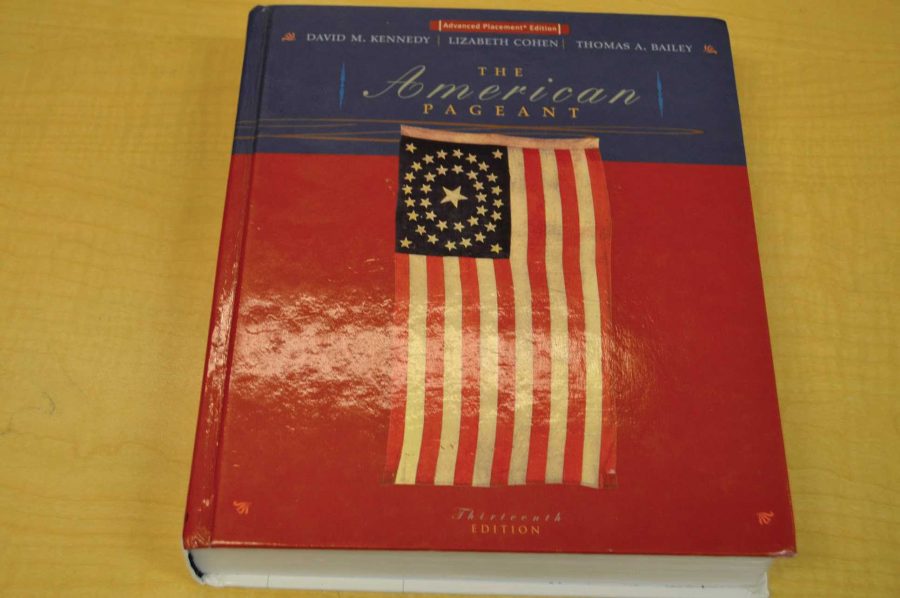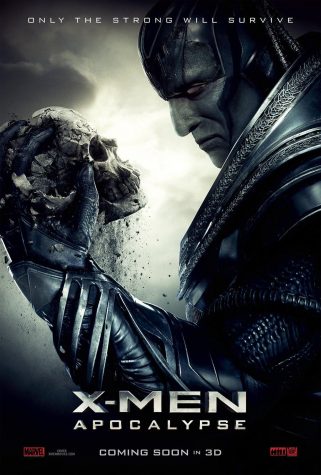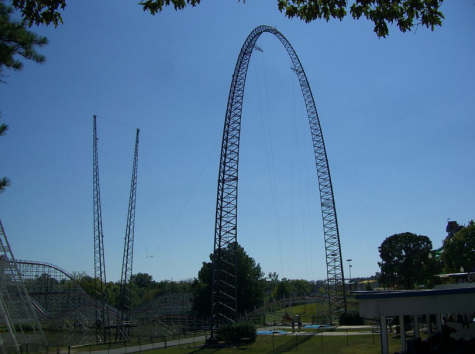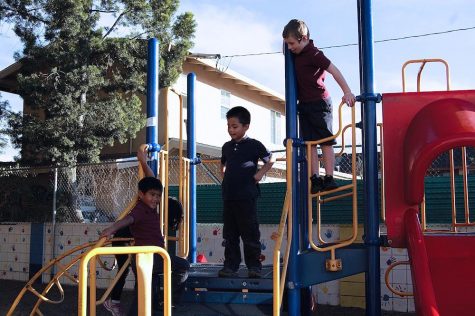Oklahoma legislators attempt to ban AP U.S. History
This misguided effort only undermines the lessons actually taught in AP U.S. History.
Textbooks such as these could be rendered obsolete in Oklahoma.
AP U.S. History is an important experience that should be left as an option for high schoolers all across the country.
Yet, according to recent media reports, on Feb. 16, the Oklahoma Common Education Committee voted 11-4 on a bill that would ban state support of the College Board’s AP U.S History curriculum.
The bill was proposed by conservative Republican Rep. Dan Fisher, on the grounds that the recently revamped course focuses too much on “‘what is bad about America.’”
However, according to the Huffington Post, the restructured course “emphasizes teaching historical themes and trends rather than specific events and figures.” This leaves teachers more room to cover certain topics, rather than treating the course as a list of facts subjected to rote memorization.
While Fisher’s proposal is not the first, it hits closer to home because I myself am a former AP U.S. History student.
Just last year, I took copious notes from the thick textbook and crammed historical facts into my head at home. At school, the teacher would explain the significance of all these facts. While it was not easy, it was an enjoyable class that taught me both the good and bad points in American history.
While I have not actually experienced the new course, I see juniors doing the same as I did last year. They learn the Civil War’s battles and their respective significance, recalling the achievements of various presidents, and try to understand Reaganomics. The only difference I see is that there is more emphasis on the reasons behind these facts than before.
Yet Fisher has used this change in the AP U.S. History course to claim that the course is not taught patriotically enough.
Now, as an American, I believe patriotism is important to maintain “American exceptionalism.” We do need to learn about America’s great beginning and benevolence.
Yet this does not mean our darker moments should be swept under the rug. American history has suffered its fair share of racism, misogyny and generally poor decisions in regards to both domestic and foreign affairs.
Does this “dirty laundry” diminish “American exceptionalism” in any way? Absolutely not.
Any entity, whether it be an individual or an entire nation, has its unsavory moments. From there, the entities grow past their errors.
But by turning a blind eye to America’s darker past, proponents of this bill run the risk of making future generations unpatriotic. Deleting entire chapters in American history keeps our posterity from learning from these mistakes.
While we may learn about liberals versus conservatives, one group should not wrangle history to fit their agenda. Current politics should not influence what is taught about past politics. At best, it is considered partisan pride; at worst, it is considered propaganda.
So to the governor of Oklahoma: like many AP U.S. History teachers and students, I implore you to not sign the bill.

INTERESTS/HOBBIES: Concert-going, book-reading, pun-saying, cover-making, prose-writing
EXTRACURRICULAR ACTIVITIES: GMG Regional Board (VP of...













